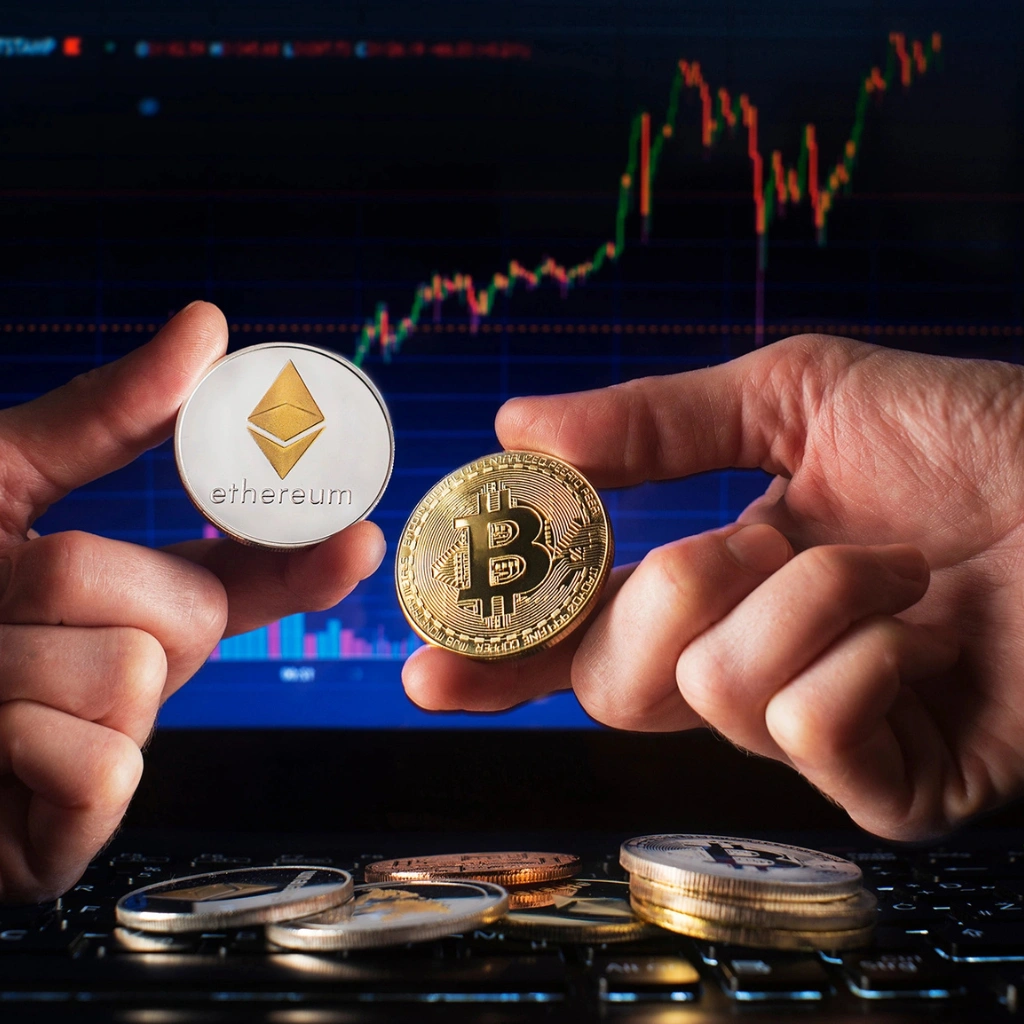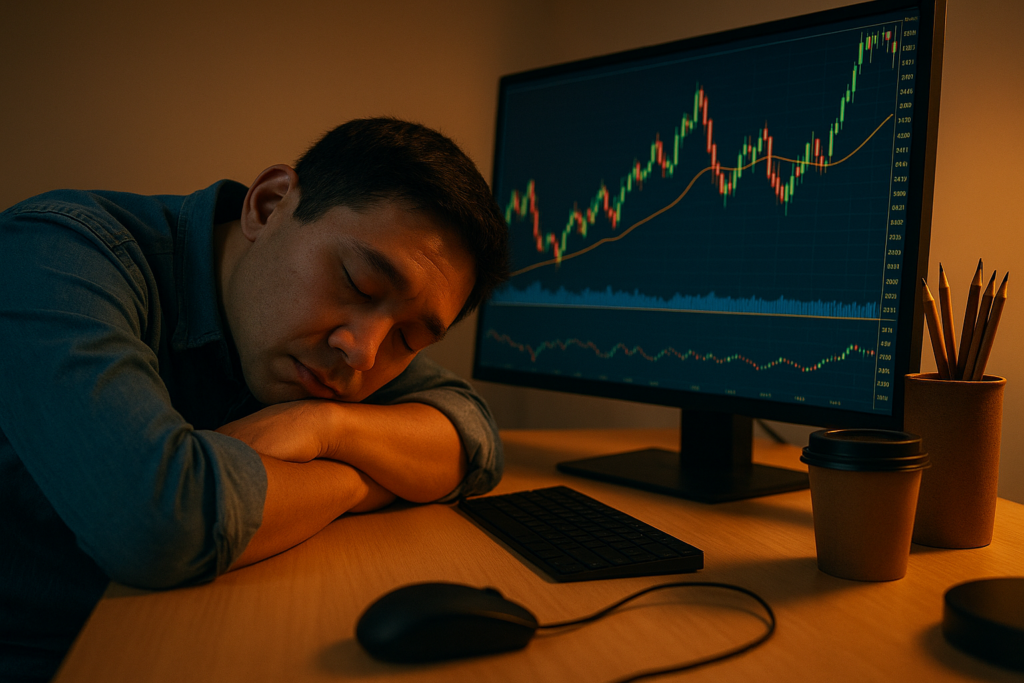Think Crypto Trading Time Doesn’t Matter? That’s a Costly Myth
August 5, 2025

Crypto Trading Time Is 24/7… So Timing Doesn’t Matter? Think Again
The biggest myth in crypto? That it’s a round-the-clock free-for-all where timing plays no role. The truth is, crypto trading time still affects liquidity, price movements, and even the success of your trades. Yes, the market runs nonstop, but people don’t. And guess who moves the markets? Exactly—people.
You’re not trading in a vacuum. Activity shifts as time zones change. That’s why understanding when to trade can be just as important as what you trade.

The “Flat 24-Hour Market” Idea Is False—Timing Creates Volatility
Crypto trading time isn’t just a background detail—it directly fuels market movement. The idea that prices behave the same across the entire day is just plain wrong. In reality, volume spikes during key hours—like when the U.S. and Europe are both awake—then dips sharply during quieter zones like late Asian night hours.
That’s when prices can drift, spreads widen, and weird candle wicks show up. Ever wonder why some altcoin pairs look insane on the chart at 2 a.m.? Yeah… timing.


Myth: “You Can Trade Anytime and It Won’t Impact Results”
Let’s bust this one wide open. Sure, the blockchain doesn’t sleep, but your fellow traders do. Trading at off-hours might mean less competition, but it also means fewer buyers, bigger slippage, and strange price behavior.
If you’re chasing a breakout in low-liquidity hours, you might not get filled—or worse, get trapped in a position that can’t exit without damage. Sounds dramatic? It happens more often than you’d think.

Smart Traders Adjust Their Schedules Based on Crypto Trading Time
This isn’t just a theory—it’s how serious traders operate. Many adjust their strategies to align with the hours when the market has “eyes on it.” Think early U.S. hours, late European overlap, or even Asia morning sessions.
Bots do it. Institutions do it. Even Twitter whales time their tweets accordingly. Why? Because crypto trading time influences sentiment, reaction time, and market tempo. Ignore that at your own risk.

Final Truth: Timing Still Shapes Results in a 24/7 Market
Here’s the real kicker—crypto trading time may be flexible, but it’s far from irrelevant. When you press “buy” or “sell” still affects price execution, volatility exposure, and how fast your trade fills or fails.
That “freedom to trade anytime” pitch? It’s only part of the story. The rest comes down to when you act—and whether the market is really there to respond.
Relevant news: here

